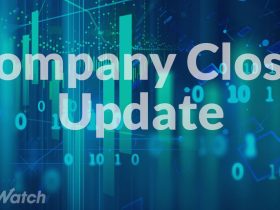Tesla
is increasing pay for workers in Germany. It’s a reminder that the electric-vehicle manufacturer can’t totally ignore the union pressures that have rocked Detroit car companies.
Tesla
(ticker: TSLA) executives disclosed a 4% wage increase for workers at its site near Berlin during CEO Elon Musk’s visit to the factory last week, The Wall Street Journal reported on Sunday, citing people familiar with the matter.
Tesla shares were up 2.4% in premarket trading on Monday.
Tesla has come under pressure from local German politicians and the IG Metall union over conditions at the Berlin site, which isn’t unionized. The plant produces about 5,000 cars a week according to the company and has around 11,000 workers.
The promised wage increase is significantly less than the raises won by the United Auto Workers union for U.S. employees at
Ford Motor
(F),
General Motors
(GM), and
Stellantis
(STLA) in its recent strike. The deals agreed by the Detroit car manufacturers envisage wage rises of about 25% over the life of the contract, although they are yet to be ratified by UAW members.
Ford was up 0.6% in premarket trading, while GM was up 0.7% and
Stellantis
was down 0.3%.
Tesla has resisted union drives at its sites in the U.S. and Europe but that’s not a guarantee it can resist wage pressures, which could cut into its margins. UAW President Shawn Fain has signaled union’s next targets are U.S. sites without union representation.
Japan’s
Toyota Motor
(7203.Japan) recently agreed to give most of its U.S. auto-factory workers a 9% pay bump from the start of next year, even though its factories aren’t unionized.
One valuable incentive that car manufacturers have in negotiations with workers is to promise future vehicles will be manufactured at their site. Musk told workers the German assembly plant would build its next-generation vehicle, which is expected to have a price tag of around $25,000.
Write to Adam Clark at [email protected]
Read the full article here










Leave a Reply